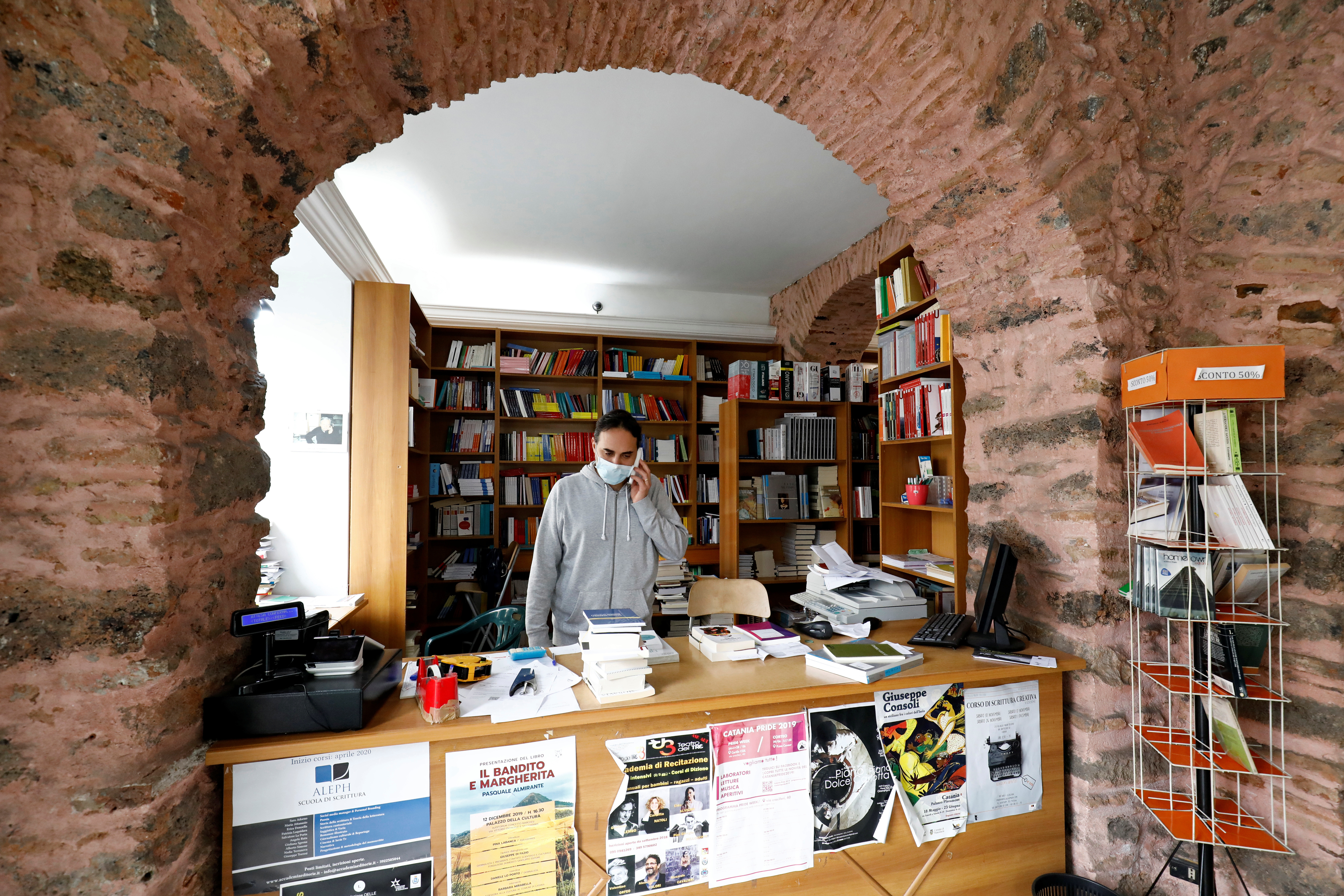Since 2002, more than 60 million hectares of primary forest have been lost in the tropics, equivalent to an area the size of France. In 2021 alone, the tropics lost 11.1 million hectares of tree cover. Of this, 3.75 million hectares was tropical primary rainforests, equivalent to a rate of 10 football pitches a minute. The loss resulted in 2.5 Gt of carbon dioxide emissions, equivalent to the annual fossil fuel emissions of India.
If we don’t halt deforestation by 2030 at the very latest, with significant reductions by 2025, we will not limit global warming to 1.5°C and we risk catastrophic climate and ecosystem disruptions that would aggravate hunger and conflict worldwide.
However, there are emerging collective efforts from governments, industry, civil society and communities that could protect and restore forests at the global scale needed.
The Tropical Forest Alliance, hosted by the World Economic Forum, is a leading partnership platform that brings together partners around the common goal of implementing solutions to tackle deforestation linked to the production of agricultural commodities. The Alliance includes more than 180 partners representing the private sector, government, civil society organizations, indigenous peoples groups and multilateral organizations who are committed to ensuring the sustainable production of palm oil, soy, beef, cocoa and pulp and paper. TFA fosters cross-sector collaboration and involves working across Latin America, Africa, China, and Southeast Asia.
Areas where TFA is accelerating collective action include:
-
Action on EU policy – creating a space for the community to understand, share knowledge, and influence EU policy development to maximise positive outcomes for forests, and the people and businesses that depend on them.
-
Supporting the CGF Forest Positive Coalition of Action (a group of 21 highly-ambitious retailers and manufacturers) – TFA supports the Coalition’s efforts to collaborate with other stakeholders to transform production landscapes, increase transparency on progress, and encourage suppliers to become forest positive.
-
United action towards 1.5°C targets – TFA , alongside the World Business Council for Sustainable Development (WBCSD), is facilitating the delivery of a high ambition roadmap for the agri-commodity sector by 13 of the world’s largest agricultural trading and processing companies and will outline how they will accelerate supply chain action to halt commodity-driven deforestation in line with a 1.5°C pathway, as indicated in their Joint Statement made at COP26.
-
Mobilizing private sector engagement in production landscapes – TFA helps to mainstream best practices in company engagement in production landscapes, relating to multiple commodities and regions, by mobilising action and building collaborations
-
Driving innovative finance commitments – TFA are spearheading investment in sustainable production of commodities and working with the finance sector to increase financial flows towards sustainable land use practices with both the Investors Policy Dialogue on Deforestation (IPDD) and the Innovative Finance for the Amazon, Cerrado and Chaco (IFACC).
-
Catalyzing zero deforestation in supply chains – In Colombia, TFA has catalyzed agreements between companies, civil society organizations and the Government to collectively commit to zero deforestation, with supply chain focus on palm oil, beef, dairy, cocoa and coffee.
-
Bridging between production and demand – TFA acts as the bridge between China and Brazil, with this being the fastest growing export market for Brazilian beef, and the aim is to advance sustainable livestock management solutions in Brazil’s Amazon and Cerrado regions.
TFA is funded by the governments of Norway, the United Kingdom, the Netherlands, Germany, plus the Gordon and Betty Moore Foundation and Cargill. TFA is hosted at the World Economic Forum.
You can learn more about TFA at www.tropicalforestalliance.org.





















